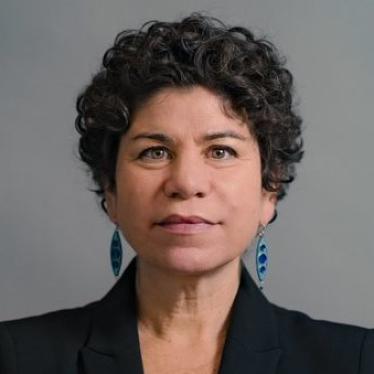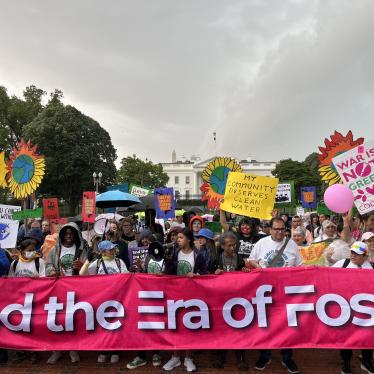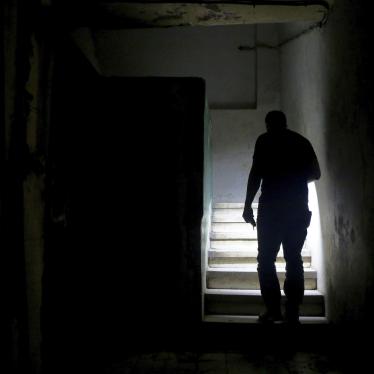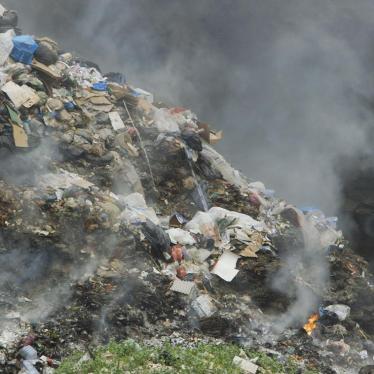Ali Hussein Jaloud, an Iraqi man barely in his 20s, died April 21 of leukemia, a disease Ali and his family attributed to the pollution from the oil production and constant gas flares that surround their community in the southern Iraqi town of Rumaila, about 50 kilometers from the port city of Basra.
Many of us around the world felt we knew Ali and suffered his death personally, having followed his story in BBC and Unearthed investigations of the human and environmental toll of fossil fuel operations in Iraq, focusing on the devastation caused by flaring.
Flaring occurs when fossil fuel companies burn off excess methane gas from oil operations rather than capturing the gas in pipelines. When burned, the powerful greenhouse gas – more than 80 times more potent at global warming than carbon dioxide over a 20-year period – is released into the atmosphere. After Russia, Iraq accounts for the most flared gas in the world.
Flaring also releases toxic pollutants known to harm human health, including benzene, a human carcinogen that can cause leukemia. An Iraq Health Ministry report leaked to the BBC attributed pollution from the oil industry, among other sources, as the cause of a 20 percent rise in cancer in Basra between 2015 and 2018, and revealed cancer cases in the region to be three times higher than publicly disclosed figures.
Iraqi government officials have acknowledged a link between the oil pollution from flaring and cancer. Iraq’s former environment minister, Jassem al-Falahi, told the BBC that pollution from oil production is the main reason for increases in cancer rates in Basra. Similarly, Luay Al-Khateeb, Iraq’s former oil minister, told Unearthed that unregulated oil operations in southern Iraq and “poisonous gases being flared in the air” are the link to rising cancer rates.
Flaring is a global crisis with clear solutions. The Iraqi government should start by moving beyond simply acknowledging the problem to enacting and enforcing tight regulations to restrict flaring, providing proper health services to impacted communities, and making polluters compensate those who have suffered, as required by Iraqi law. To address the full harm to local communities and the global climate, the government should transition away from fossil fuels.
Ali’s was a tragic yet predictable death. “I hope in the future that these companies go away,” Ali says in the film. “That the emissions stop, so children can live in peace.”









